Interview with Julia Paulson, co-convenor for sub-theme on Pedagogies for Sustainable Development
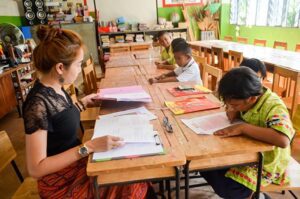
thiraphonthongaram / Shutterstock, Inc.
Unknown children in Academic Activities at Elementary School. Chumchon watbandong school, Phitsanulok Thailand
What excites you about this theme?
At a time when friends and colleagues in three contexts I’m familiar with – here in the UK, in the US, and in Colombia – are asking questions about whether education (in schools and more broadly) failed in some way, it is important to be able to focus on pedagogy. Given what can feel like dark times, I am particularly excited by the opportunity to explore with colleagues pedagogies that are experienced positively by learners and teachers.
Personally, I’m interested in possibilities and challenges for difficult conversations in classrooms – which are (or could, and should?) be happening in classrooms around the world – and in pedagogical approaches that successfully facilitate these. So, I’m looking forward to learning more from others about how teachers in various contexts open discussions about recent violent conflict, tackle pressing and controversial political issues affecting learners daily lives (like Brexit, Trump, migration), and promote important, but sometimes lofty and difficult to define, concepts like peace and sustainability.
How does this link to the overall 2017 conference theme?
The theme of this year’s UKFIET conference is learning and teaching for sustainable development. Pedagogy is the process that makes the connection between teaching and learning, making it crucial to consider. More broadly, however, and perhaps more importantly, pedagogy (again, within schools and beyond) is central to any possibility of achieving the SDGs. The SDG agenda applies globally and calls on wealthy nations to commit to a number of changes – from urgent action on climate change, to affordable higher education, to safe cities. This sub-theme gives us the opportunity to share experiences of the way pedagogy writ large might support social change.
What kinds of papers/ events would you like to see submitted under your theme?
Creative types! We are excited to review all contributions and look forward to being surprised and challenged by what contributors share with us. We welcome contributions that explore teachers’ and learners’ lived experiences alongside their classroom interactions, and that take seriously the real challenges that teachers face (including to their own wellbeing) in education systems around the world. And, as I’ve already said, while we are more than aware of the scope of the challenge and are committed to acknowledging it, we are hugely enthusiastic about contributions that can highlight and share examples of pedagogy experienced as positive by teachers and learners and pedagogies contributing towards social justice and social change.

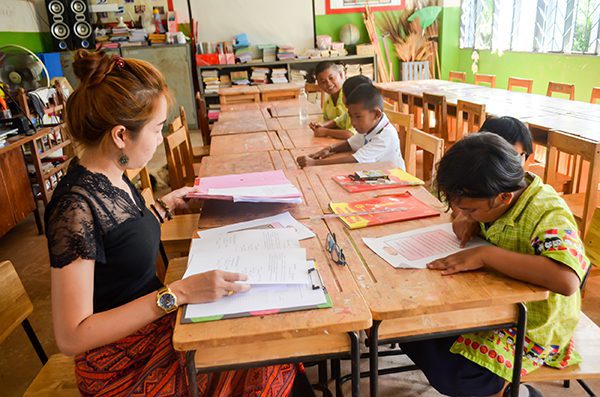
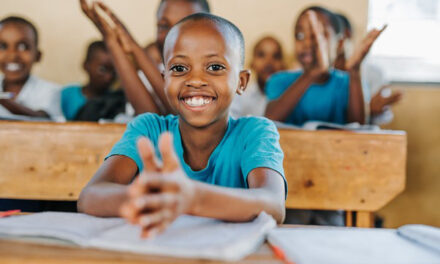
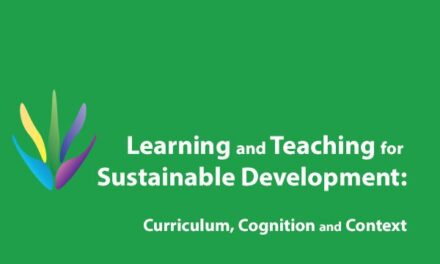
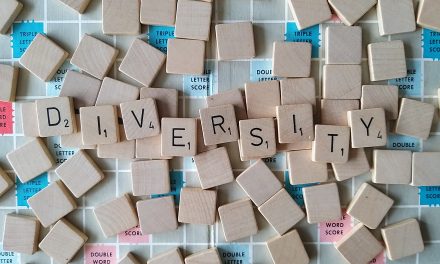
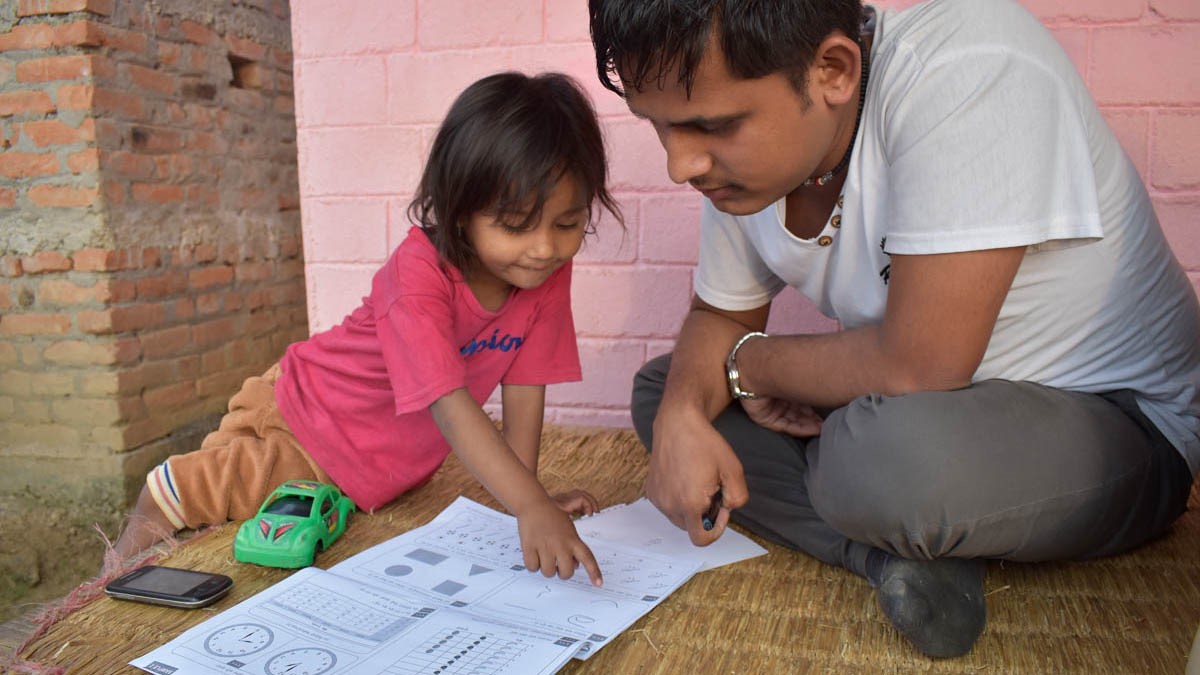
let us reflect on the form of education curriculum and how it can be implemented in conflict zones especially in the middle east and some parts of Africa.
I am currently working with Kent County Council Early Years and Child Care Service promoting Education for Sustainable Citizenship (ESC) in Early Childhood Education across the local authority. The pedagogy applied is free-flow play in an (material, economic and interactive) environment that is ‘seeded’ by ESC. We recognise that in education for sustainable citizenship it is not enough for children to just learn about the natural world, it is important that they also learn that they can take action to protect it! For example, the children have a Lemur conservation campaign launched next week on the UN World Wildlife Day that is supported by the Aspinall Foundation. We are all going to be playing hide and seek’ as Wildlife Rangers and Lemurs, and SchemaPlay are going to show them how radio telemetry equipment can help..
When children play ‘hide and seek’ they alternate between the role of the ’hider’ and the ‘seeker’ and begin to put themselves into another child’s shoes. This type of play is particularly valuable because it helps develop empathy and the ability to recognise our interdependence with the natural world.